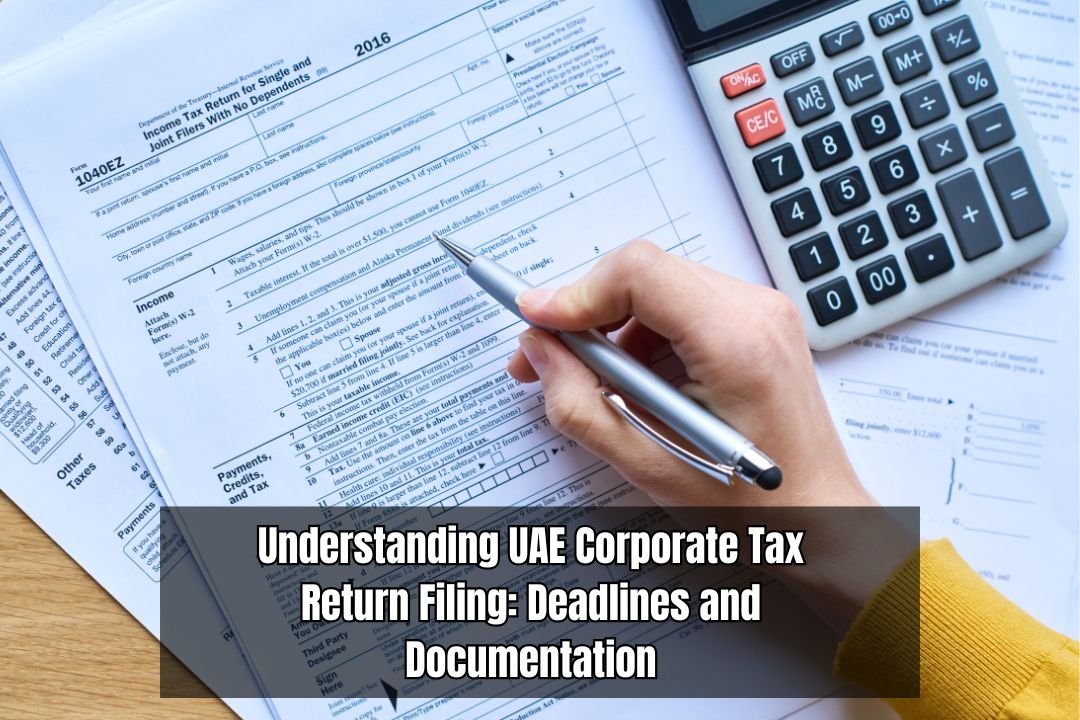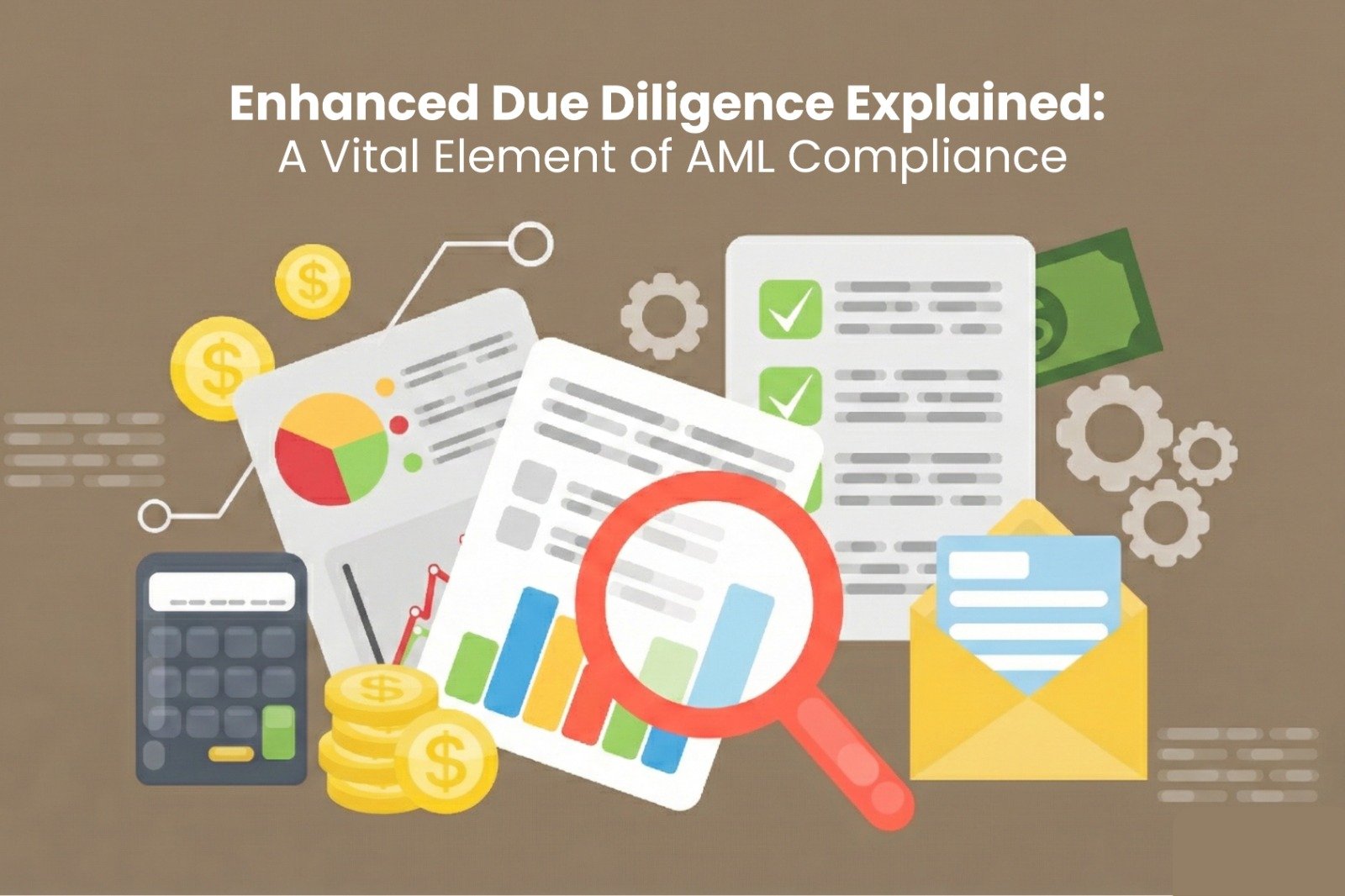Navigating the corporate tax landscape in the United Arab Emirates (UAE) requires a clear understanding of filing deadlines and the necessary documentation. Ensuring timely and accurate tax return submissions is crucial for compliance and the smooth operation of your business.
UAE Corporate Tax Return Filing Deadlines
The UAE Federal Tax Authority (FTA) sets specific deadlines for corporate tax return filings, primarily based on a company’s financial year-end:
- Standard Filing Deadline: Businesses whose financial year follows the calendar year (ending on December 31) must file the corporate tax return by September 30 of the following year.
- Alternative Financial Year-End: For companies with a financial year ending on a date other than December 31, the tax return is due within nine months following the end of their financial year.
Extension for Specific Tax Periods
Recognizing the challenges faced by certain taxpayers, the FTA issued Decision No. 7 of 2024, extending the filing deadline to December 31, 2024, for:
- Taxable persons incorporated, established, or recognized under UAE legislation on or after June 1, 2023.
- Taxpayers with a tax period that ended on or before February 29, 2024.
Required Documentation for UAE Corporate Tax Filing
Accurate documentation is essential for a compliant corporate tax return UAE. Businesses should prepare and maintain the following records:
| Documentation | Details |
| Financial Statements(These statements should be prepared in accordance with International Financial Reporting Standards (IFRS) or IFRS for Small and Medium-sized Entities (SMEs). Taxpayers using the cash basis of accounting are only required to disclose information on the income statement.) | Income Statement Statement of Financial Position Statement of Other Comprehensive Income |
| Auditor Information | Name of the auditor Corporate Tax registration number Audit opinion, if the financial statements are audited |
| Tax Adjustments and Calculations | Details of any tax adjustments made to the accounting profit to arrive at the taxable incomeCalculations of tax depreciation and any other relevant tax computations |
| Related Party Transactions | Comprehensive records of transactions with related parties, including the nature and value of each transaction |
| Supporting Schedules | Schedules detailing movements in provisions, reserves, and any other significant financial statement items |
Record-Keeping Requirements
Businesses must maintain all relevant records and documents for seven years after the tax period ends. This ensures that the FTA can review past filings if necessary.
Conclusion
Staying informed about corporate tax return UAE return filing deadlines and diligently preparing the necessary documentation are vital steps in ensuring compliance with UAE tax laws. By adhering to these requirements, businesses can avoid penalties and contribute to the integrity of the UAE’s tax system.
Contact Auditac International to maintain up-to-date and accurate records and gather the necessary information to meet regulatory requirements.












